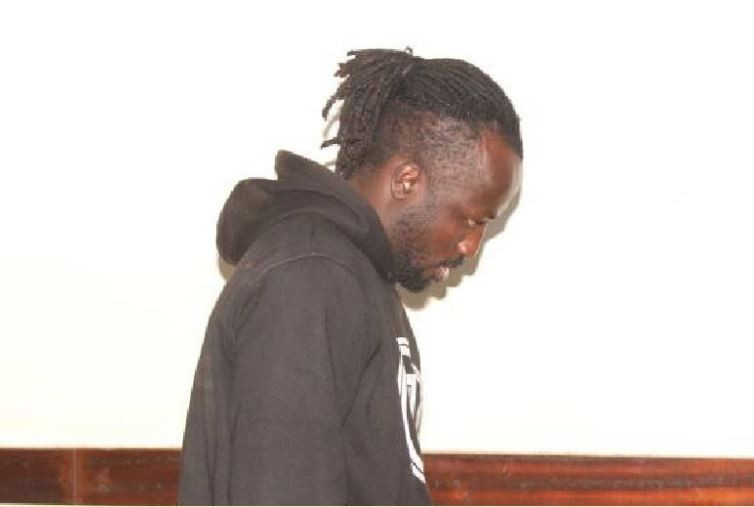
ISIOLO, KENYA: It was early morning and smoke wafted over grass-thatched huts in Garamara along the side of the highway, as we sped along the Isiolo-Marsabit Road.
“What’s the main driver of deforestation in Isiolo?” I ask, peering out the charcoal producer lady. Expecting the usual causes such as the illegal cutting of trees, grazing, infrastructure development, or slash and burn, I was surprised by her answer: “Makaa” meaning “Charcoal.”
Deforestation and forest degradation accounts for about 17-18 percent of anthropogenic global greenhouse gas (GHG) emissions, the biggest contributor after energy supply (power and fossil fuel), which accounts for about 26 percent of emissions (IPCC 2007). In Kenya, Biomass is a major source of energy in Kenyawith 68 percent of the population relying on it.
ecent studies by the United Nations and the United States indicate that charcoal production is also playing a key role in supporting terrorism in the Country.
Used as an inexpensive fuel for cooking and heating in the most Kenya homes, rural households rely heavily upon income derived from selling charcoal to city-dwellers within the major towns of Isiolo, Meru, Nanyuki, Nyeri, Nakuru, Nairobi, Momasa, Kisumu among others. Charcoal production is highest in arid and semi-arid areas especially Kajiado, Makueni, Kitui, Kwale, Baringo, ElgeyoMarakwet, Tana River,Kilifi, Garissa, Laikipia, Machakos, Isiolo, Marsabit, Meru, Narok, Tharaka and Turkana counties. (MEWNR, 2013)
A unique project also known as the WISE REDD+ is attempting to change the behavior by minimizing local dependence on charcoal by sensitizing communities and other stakeholders on the dangers posed by key drivers of deforestation and forest degradation.
Implemented by the International Union for the Conservation of Nature (IUCN) and the East African Wildlife Society (EAWLS), the government plans to use the lessons learned from the project to help inform the national REDD+ strategy and process.
Working with local communities, the Kenya Forest Service and Indigenous People WISE REDD+ project aims to address this issue by protecting the remaining forests in Kenya by promoting sustainable farming practices, sensitizing stakeholders on sustainable forest management and encouraging diversifying incomes and ultimately alleviating some of the pressure on the forest.
The opinions, findings and conclusions stated herein are those of the author(s) and do not necessarily reflect those of the United States Department of State.
 The Standard Group Plc is a
multi-media organization with investments in media platforms spanning newspaper
print operations, television, radio broadcasting, digital and online services. The
Standard Group is recognized as a leading multi-media house in Kenya with a key
influence in matters of national and international interest.
The Standard Group Plc is a
multi-media organization with investments in media platforms spanning newspaper
print operations, television, radio broadcasting, digital and online services. The
Standard Group is recognized as a leading multi-media house in Kenya with a key
influence in matters of national and international interest.
 The Standard Group Plc is a
multi-media organization with investments in media platforms spanning newspaper
print operations, television, radio broadcasting, digital and online services. The
Standard Group is recognized as a leading multi-media house in Kenya with a key
influence in matters of national and international interest.
The Standard Group Plc is a
multi-media organization with investments in media platforms spanning newspaper
print operations, television, radio broadcasting, digital and online services. The
Standard Group is recognized as a leading multi-media house in Kenya with a key
influence in matters of national and international interest.






